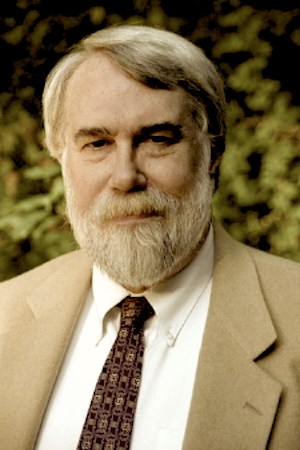In Memoriam Christopher Rouse (1949-2019)
I consider Dr. Christopher Rouse to be one of the great symphonists of our time, and I’ve been following his exquisitely dark and expressive compositions since I discovered his earlier orchestral works GORGON and The Infernal Machine. I recall him commenting in program notes that so much contemporary music had lost the ability to work in a true “allegro” tempo, so he deftly remedied that in several of his pieces. He’s also a master of “adagio” tempi—and everything in between. It was always exciting for me when his new works were performed and released—I knew that something of value awaited my listening.
His symphonies demonstrate a profound awareness of this art form, both in responding to great works of the past and crafting powerful new sayings in this sublime genre. He completed his Symphony No. 6, which will be premiered October 18th by the Cincinnati Symphony Orchestra conducted by Louis Langrée, and it is modeled after Mahler’s valedictory 9th. Prior to his passing, Rouse said of this new work: “There’s a tragic quality to this piece, and I’m sorry to frustrate people by not saying what it is or why it is.” I suspect we’ve now learned the answer to that mysterious statement.
Rouse also wrote a number of concerti which find intriguing ways to highlight a solo instrumentalist within an orchestral fabric. I was fortunate to attend the premiere of his Trombone Concerto in Manhattan, dedicated to the memory of Leonard Bernstein, which later was awarded a Pulitzer Prize.
His monumental Requiem inspired by the events of 9/11 may be his greatest piece—lasting close to 90 minutes. Unfortunately, it has yet to be released as a commercial recording. Possibly his passing might prompt the remedying of this oversight?
I trust that anyone who enjoys intelligently crafted, challenging orchestral music that ranges from the terrifying to the elegiac might spend some time exploring Rouse’s compositions. I’m confident his works will stand with those of other great composers as the years pass—his art will surely move appreciative listeners far into the future.
Hail Christopher Rouse!
—Magus Peter H. Gilmore

